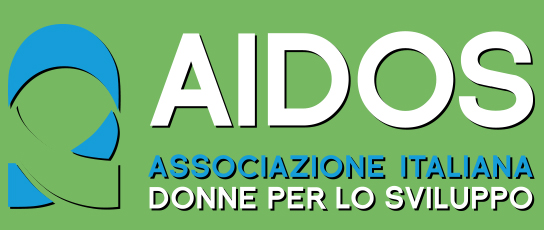2020 – Sexual and reproductive health and rights/GBV
WHERE
LEBANON, Beirut – Burj El Barajneh refugee camp
PARTNER
Women’s Humanitarian Organization (PWHO), Beirut (Lebanon)
BACKGROUND
Bourj El Barajneh camp welcomes Palestinian and Syrian refugees. According to some sources the number of people in the camp rose to 40.000 following the Syrian conflict.
Women refugees suffer from a double-discrimination: they are discriminated because they are women and because they are refugees. They often lack of fundamental rights.
The United Nations Relief and Works Agency for Palestine Refugees in the Near East (UNRWA) offers free medical care, but the services are insufficient.
In the camp there is only one hospital which is managed by Palestine Red Crescent Society (PRCS), but in order to have access to the services you have to pay a ticket, and outside the camp medical services are very expensive. Most of refugee women have suffered traumatic events, such as sexual and gender-based violence (SGBV) and child marriage. Taboos, stigma and lack of specialized services make it very hard for women to speak up about their traumas, so it’s difficult to detect SGBV cases.
Since 2008, PWHO has created a Center for women where different activities are organized like awareness-raising and discussion groups on reproductive health issues. The Center offers free counseling and external referral services to gynecologists, social workers, psychologists and health workers. However, the current loans don’t allow to operate on a daily basis and only basic services are provided.
GOALS
Facilitate the access and the availability of integrated high-quality services for reproductive health and gender-based violence for women refugees in the Bourj El Barajneh camp; develop the ability of PWHO staff to provide community integrated social services and psychosocial support to women.
BENEFICIARIES
20 people from the PWHO staff will be trained on SGBV and reproductive health; 300 refugee women will receive clinical and counseling services from PWHO.
ACTIVITIES
- Technical assistance to PWHO staff.
International AIDOS experts on SBGV and reproductive health will conduct two training courses for PWHO professionals to improve the ability to prevent and manage SBGV cases among refugees and respond to the reproductive health needs in the camp; - Renovation of the Center and supply of new medical equipment: thanks to the renovations the services will be offered in a safer and more welcoming place while the purchase of new equipment will allow the monitoring of the health status of women, in particular those who are pregnant, without sending them to private clinics.
- Services of the Center for refugee women: medical and psychological counseling: gynecological services including screening, diagnosis and treatment, contraceptive counseling…; medical counseling provided by a nurse; socio- psychological counseling for women with cases of depression, violence, trauma, etc.; awareness-raising activities on women’s health, in particular reproductive health. The activity carried out by a psychologist, a gynecologist, a nurse and a health educator, provides group information sessions on topics related to menopause, sexual and reproductive health, nutrition, women’s rights, mental health, contraceptives…; Campaigns addressed to the community on maternal health and breastfeeding, menopause, breast cancer and other sexual and reproductive health problems; Distribution of information materials: flyers and bags with short messages on topics like hygiene, sexual diseases and breastfeeding will be distributed to women who come to the center and people living in the Bourj El Barajneh camp.
AIDOS ACTIVITIES
AIDOS takes care of the coordination of the activities and the financial management of the project; it also carries out missions in the camp to monitor the situation and it provides technical assistance to the PWHO staff through the help of international experts.
EXPECTED RESULTS
20 PWHO staff professionals will acquire greater skills in SGBV and reproductive health to offer integrated high-quality services;
300 refugee women will have access to high-quality health services for reproductive health and psychosocial services; they will be are more informed about reproductive health and SGBV issues and will demonstrate a positive change towards their own health.
DURATION OF THE PROJECT
January 1st 2020 – December 31st 2020 (12 months).
COST OF THE PROJECT
€ 65.000
WHO IS FINANCING THE PROJECT
Private donors

